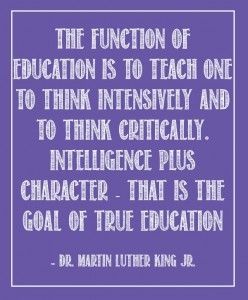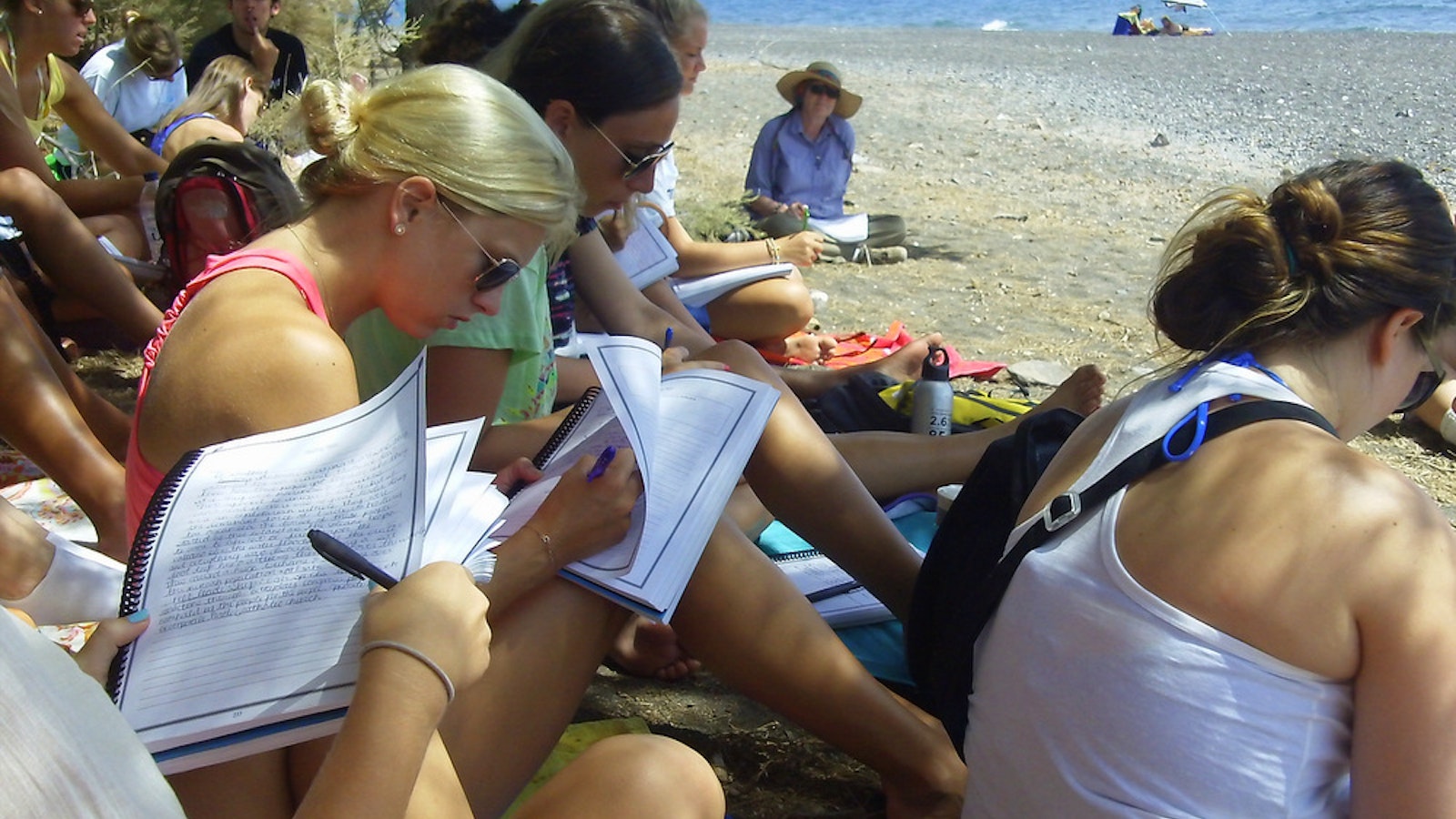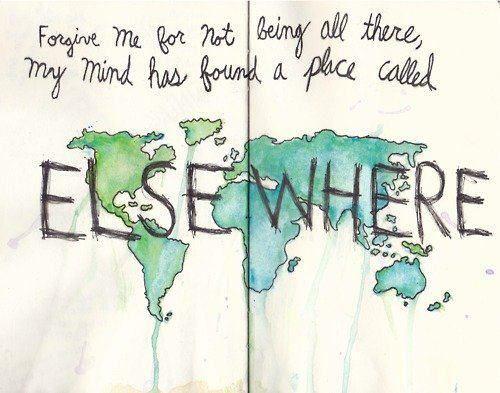
Parents, I’m sure this is the post (aside from the finances and the safety) that you are MOST concerned about! “Will my child actually be studying when studying abroad? What will they be learning? How does the credit transfer process work? How does my student get their transcript?”
I am here to answer all of these questions, program by program, in the most organized and informational fashion possible!
Let’s start with Global LEAD:
Global LEAD is offered in 2 locations this year: Cape Town and Greece. The curriculum in both covers the same material: Leadership in Action and Global Citizenship and Service. Each student will order a workbook prior to departure called a “Blue Book” and bring this with them on the trip. What is different between the 2 locations as far as curriculum is concerned is the location-specific components: i.e. the history incorporated in the Cape Town Blue Book will discuss Nelson Mandela and apartheid, while the history incorporated in the Greece Blue Book will discuss the Acropolis, Parthenon and Ancient Greece. The service learning activities in the Cape Town Blue Book will explore the township of Sir Lowry’s Pass, while the service learning activities in the Greece Blue Book will explore the Greek community center with which we volunteer. Both LEAD programs are designed to teach similar lessons, but they immerse our students in the rich culture and history of their particular location.
Now — how exactly do these classes work?
In our LEAD programs, students will never step foot into a traditional university setting. We bring our own professor from the US along with several qualified teaching assistants if needed. (On my trip to Cape Town, my professor was from Auburn University). Class is held 5 days a week for about 3 hours each day in a variety of spaces – the hotel meeting room, the township, shared space in the apartments. The program counts for 6 credits, which is 2 classes, but these 2 classes are merged into one lesson each day. Every student on the program will have class together, we will break into smaller groups for discussions and activities, but all students take the same courses. Our staff, professors and program directors alike, work together to create the lesson plans that are taught to our students based on the curriculum of the Global LEAD program in conjunction with our academic partner, Oglethorpe University, in Atlanta, Georgia.
What is taught during these classes, you ask?
Our classes are titled “Leadership in Action” and “Global Citizenship and Service-Learning” they are cross-referenced with Political Science, History, and Sociology. Global LEAD will email your child before departure with a list of potential courses in these subjects and their respective course numbers which he or she would like to be listed on his or her transcript. It’s up to you what you’d like it to count for! We teach the cultural aspects of your child’s program location, such as famous leaders, important events in history and politics, food, language, and geographical and sociological elements. An example of a class day with this lesson: Learn about Nelson Mandela’s experience on Robben Island, then get on a boat and go see Robben Island for ourselves. This helps students to gain cultural knowledge of the diverse world around them. We teach what it means to practice “Global Citizenship,” why it is important, and where we have seen it in history. An example of a class day with this lesson: Listen to a motivational speaker of a non-profit organization, such as Kevin Chaplin from The Amy Biehl Foundation, then get on a bus and see the organization in action for ourselves, taking an active role in Service Learning. This teaches our students to develop a greater sense of empathy and compassion. We teach our students leadership strategies based on famous leaders in history, while also exploring their inner strengths to help channel their best qualities into great leaders, realizing full potential. This is taught through interaction, group discussion, journals, and homework assignments. And speaking of assignments…
What exactly will your child have to do for schoolwork while abroad?
This varies according to the specific professor; each class will have a mixture of readings, journal entries, discussions and papers. Some professors choose to include exams as well based on the Blue Book readings, class discussions or videos. Prior to departure, all students will need to purchase their textbook and complete the StrengthsFinder personality profile. The assignments on the ground are journal entires, class participation readings and papers, which are mostly about reflecting on experiences from the trip itself or exploring values and goals. One of the most meaningful assignments I completed on my trip was crafting a vision statement for my life.
Now — the most important part: how to get these credits to transfer:
As I said before, on their academic form, your student will select which courses they want to appear on the transcript from OU (interdisciplinary studies, history, politics or sociology). All of these courses are upper level courses. It is up to each individual student to meet with their academic advisor and see if the credits will transfer for them. Every university is unique has a specific credit transfer process at their home university. We recommend that your child set up a meeting with their academic advisor as soon as they find out they are accepted in order to start this process.
When they fill out the academic form, your student will also provide the address to send their OU transcript after the program. When they complete this request after the program, OU will send an official transcript to your child’s home university. Our staff is dedicated to helping you every step of the way but ultimately, it is up to each student to determine credit transfer at their home university.
**Because Global LEAD offers something different than the traditional study abroad experience, this is often the most confusing part for our students to understand. I, personally, used my 6 credits for 1) a history course and 2) an upper level sociology course, which counted for my University Diversity Requirement. My roommate, on the other hand, used her 6 credits as 2 non-business electives that she needed for her major. Each person on the program will have a unique combination of transfer credits based on his or her personal needs.
Any questions about Global LEAD as it pertains to academics — you are welcome to contact me about my experience in Cape Town, or you are welcome to contact any of our staff members.
Now, our next program — GO: Rome.
Because I wasn’t present on this trip this year, I conducted an interview with one of Go Global’s students, Paige Sowder, a Community Leader at The University of Texas at Austin. To learn all about the academic aspects of our GO: Rome trip, read what Paige has to say:
Anna: How many days a week do you have class and for how many hours?
Paige: Classes are from Monday-Thursday, leaving you with a three day weekend. Each student takes 2 classes per day that are 2 hours a piece, so 4 hours of class a day, total.
Anna: Where are your classes held, and who is your teacher? Are all of the kids in the program in the same classes?
Paige: All of the GO: Rome classes are held in the St. Johns campus dormitory, so you can literally walk downstairs from your bed to class. Last summer, there were 3 teachers total who all teach 2 classes each. Each teacher specializes in a subject: Humanities, Business, and Communication. Each class will have a different group of students because there are 6 courses total, and each student only takes 2.
Anna: How many credits?
Paige: Each student takes 2 classes and receives 6 college credit hours.
Anna: What did you learn in each class?
Paige: In the Humanities section there are the options of Art History, where you travel around Rome and study the historic monuments. The second option is Anthropology, where students study humans and ancient culture. Within the communications section students can either take Media Studies or Writing for Business, both of which deal with media in the professional world. In the Business section students can either chose a Business Leadership course or Business Management which both focus on discovering and implementing a successful business career. (*These were the 2014 course offerings. Please look at our 2015 course offerings here.)
Anna: What was the process of transferring your credits? What classes did it count for, and what did you have to do to transfer them?
Paige: Once the courses are completed, the students apply for a transcript to be sent directly to their home university where it is later transferred according to the process of that specific university. Some of these classes will count as art credits, business credits, communications credits, and others as electives depending on each students major.
Anna: What was your schoolwork like (homework, tests, etc)
Paige: My school work consisted of daily readings, papers, tests, and quizzes that were evenly distributed across the 5 week program. However, this does not limit the students from exploring during the weekends. The majority of the workload is reserved for the school.
If you have any questions about GO: Rome program and its academic components, you are welcome to contact Paige or any of our Go Global staff members.
Our last program, Direct, does not include college credit. It does, however, help participants become better leaders, develop a greater sense of global citizenship, and provide insight into future goals and plans. We hold our curriculum in ALL of our programs at a high regard, and we are proud that we have changed and so many lives through what we teach. Our goal is to better the world through bettering ourselves, changing the trajectory of students’ lives — and we believe our curriculum does just that.
Yes, this is a lot of information, but school is very important to us! We hope that after reading this, you have a better understanding of what goes on in the classroom at Go Global. Your child is in for a truly unique and transformational learning experience.
-Anna and the Go Global team


